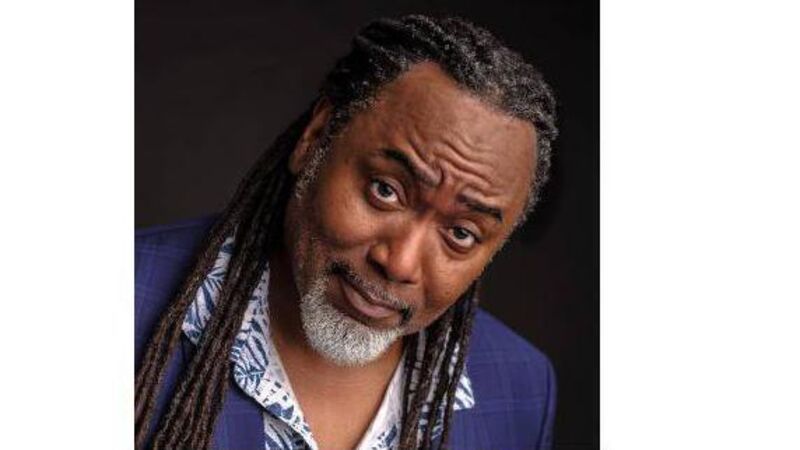Culture That Made Me: Reginald D Hunter on Richard Pryor, Alex Haley and Southern wit

Reginald D Hunter is in the midst of an irish tour.
American comedian Reginald D Hunter, 52, grew up in Albany, Georgia. In 1997, he secured a place at RADA’s acting school in London, but shortly afterwards switched lanes to become a stand-up comic. His travel series Reginald D Hunter’s Songs of the South and Reginald D Hunter’s Songs of the Border, which explored the music of America’s South, was broadcast on BBC television. He’s currently touring his stand-up show in Ireland, including Cork’s Everyman on Saturday, February 5, and also Limerick, Waterford and Dublin . See: https://www.reginalddhunter.com/




